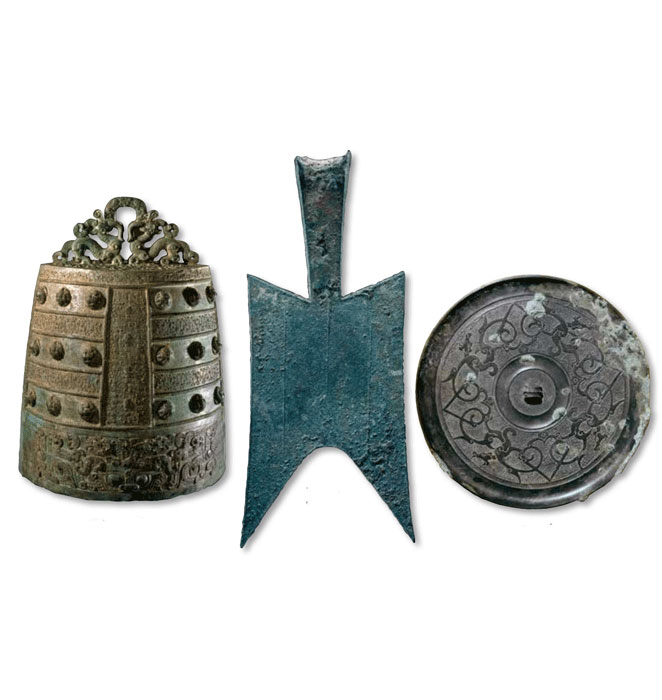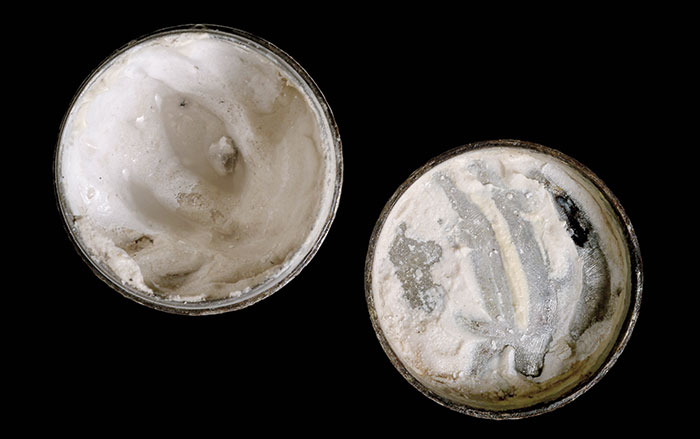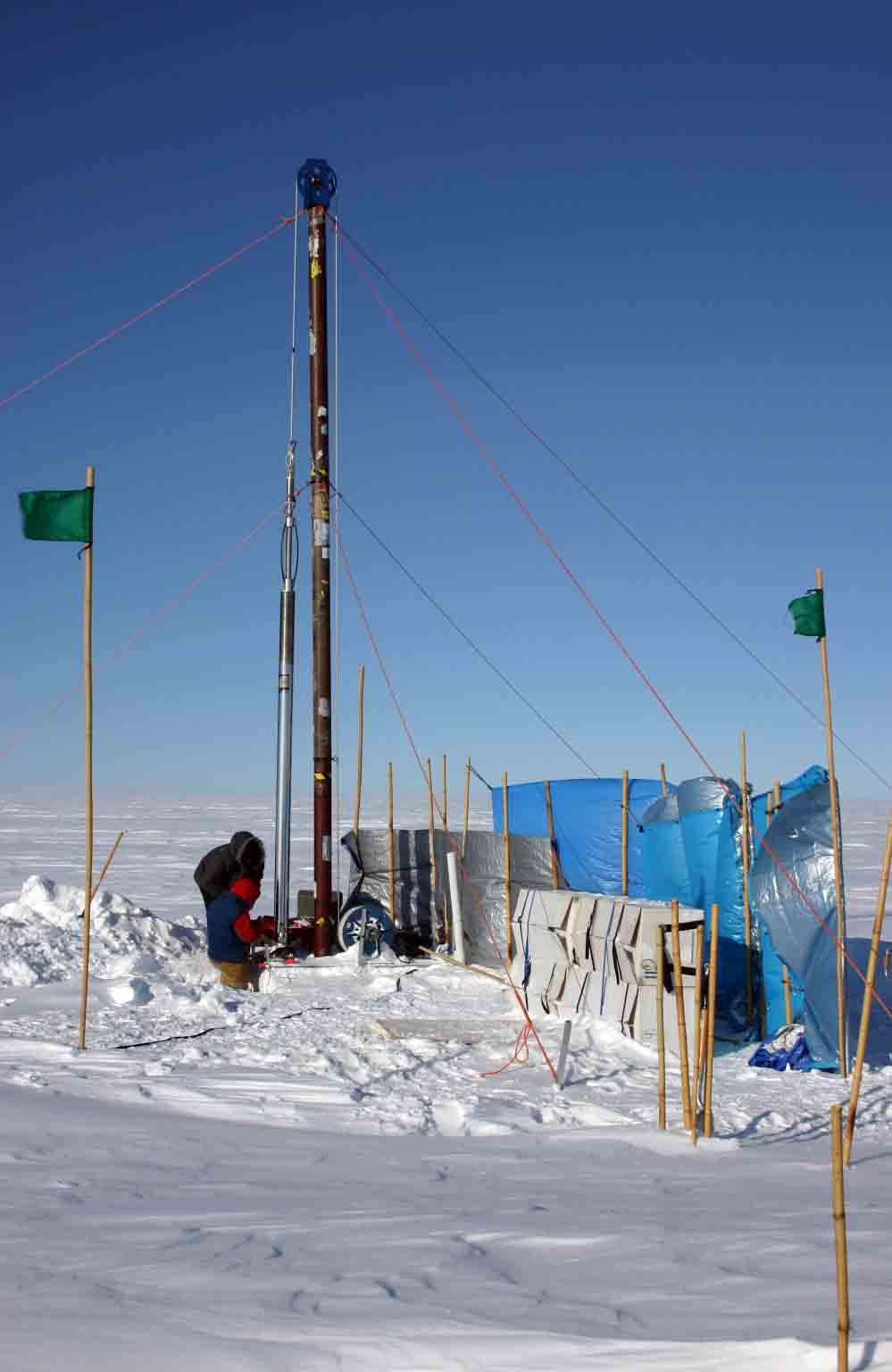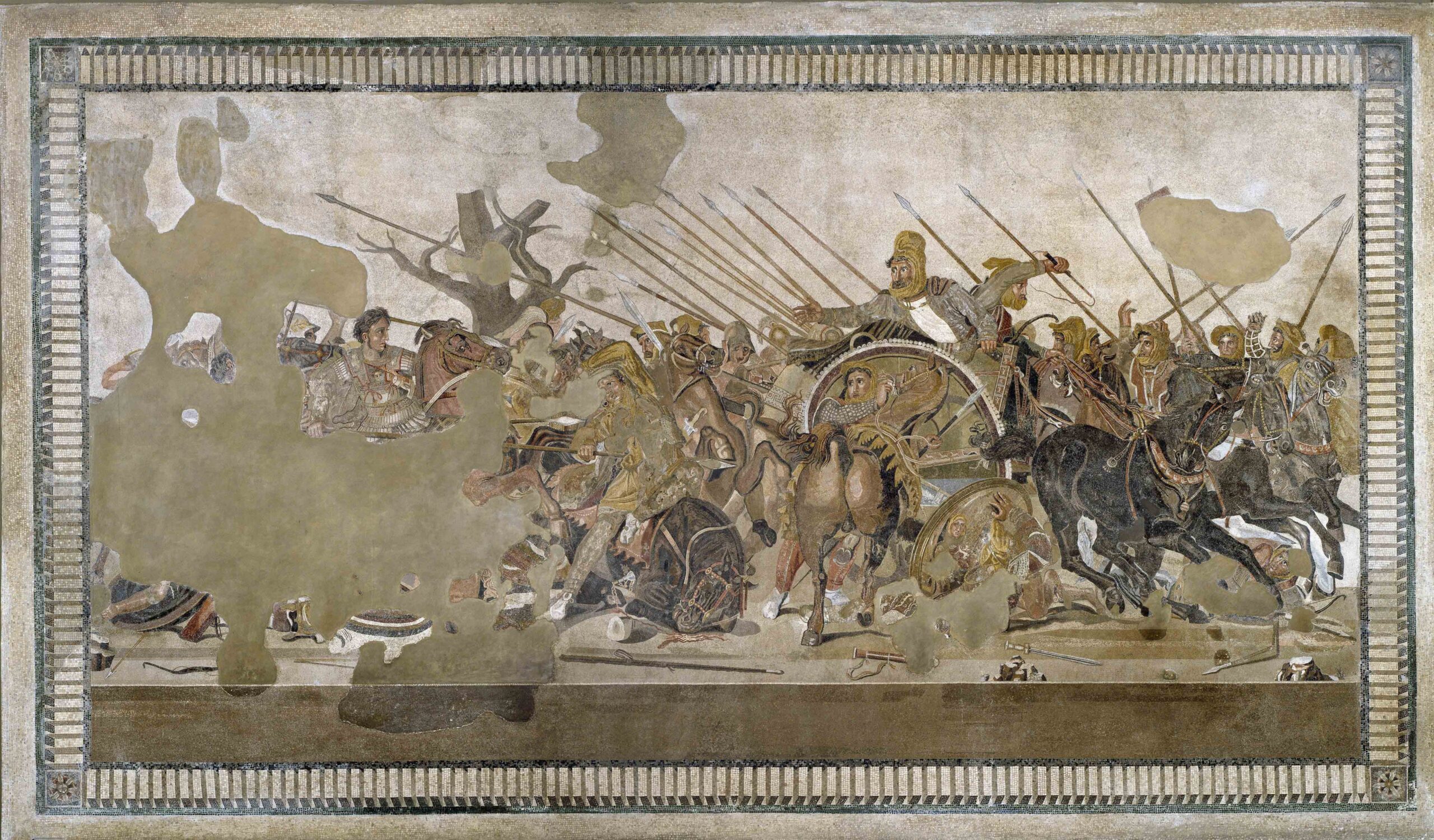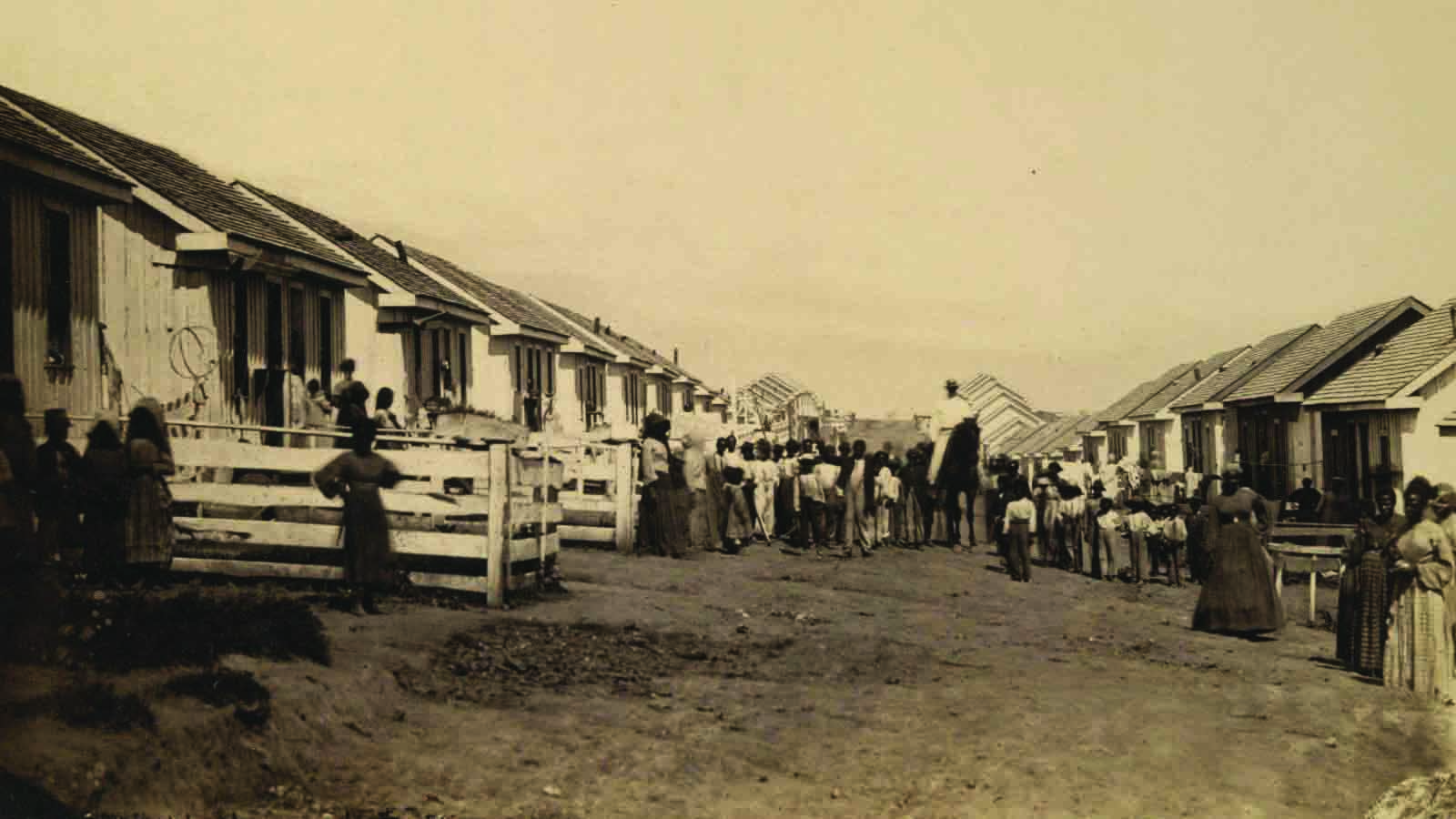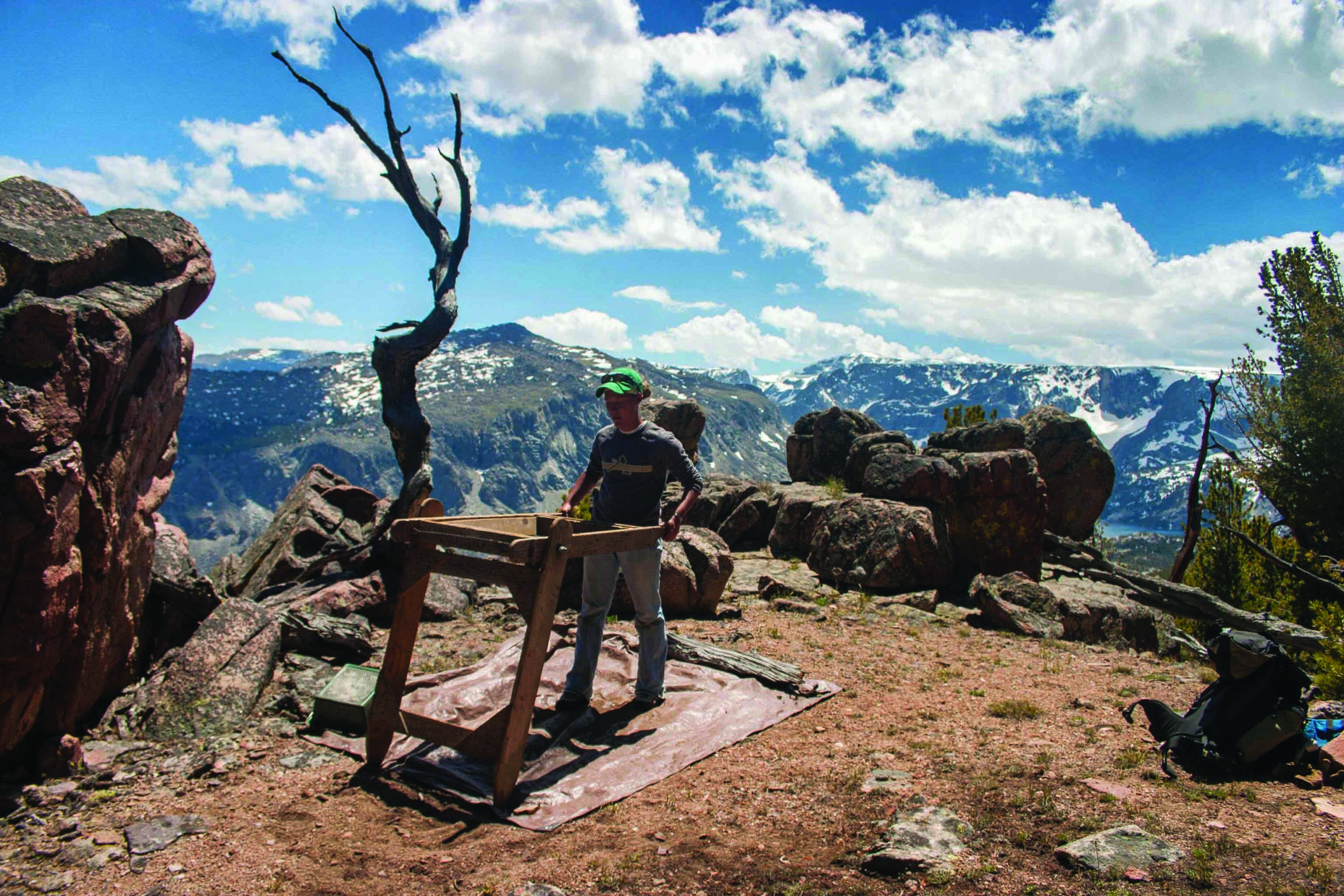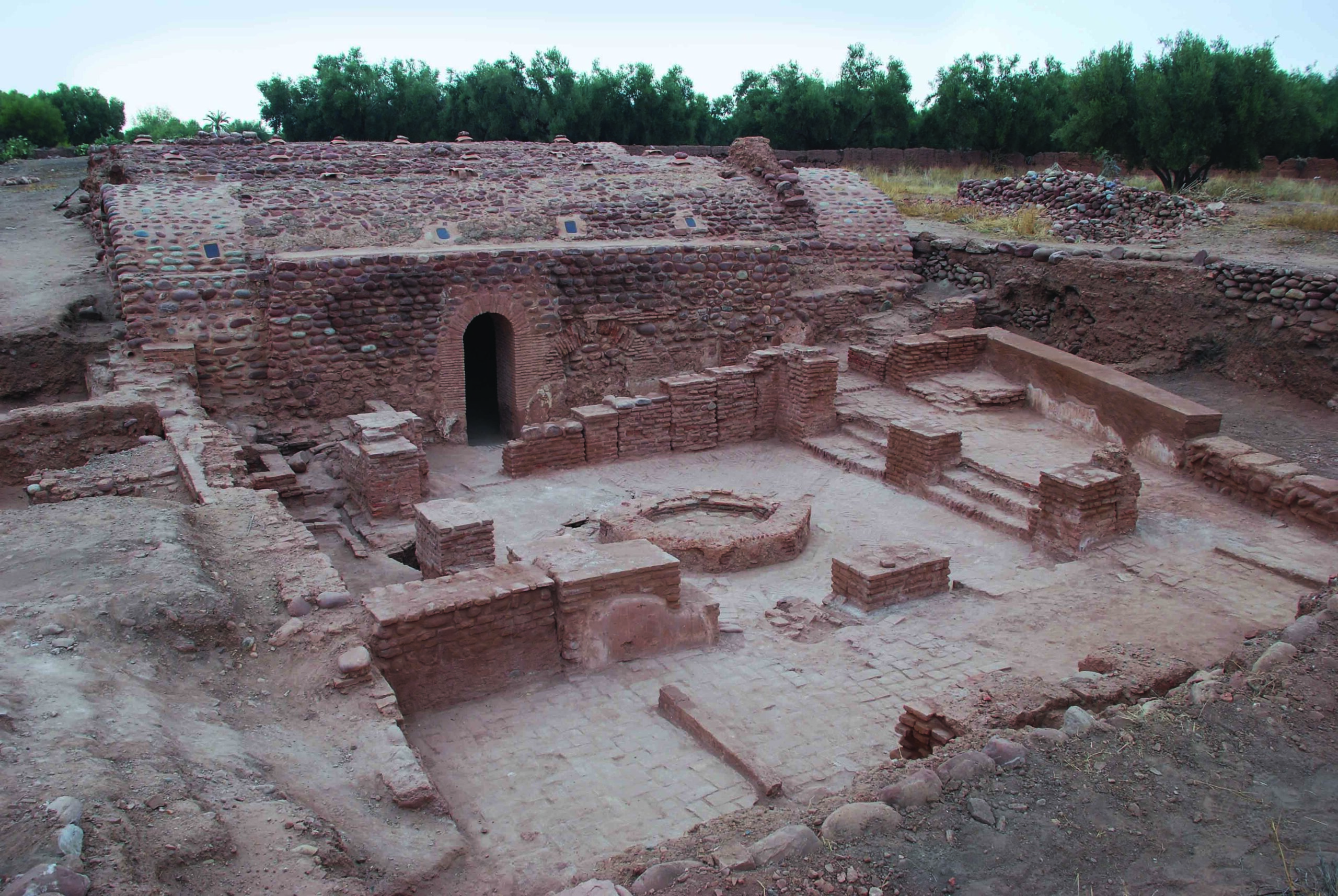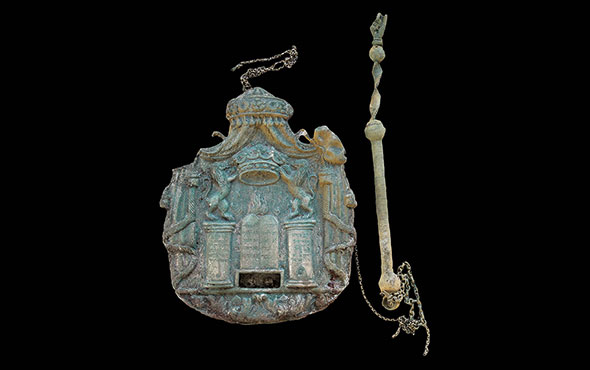
CARLISLE, PENNSYLVANIA—According to a statement released by Dickinson College, a team of researchers has learned new details about the production of Andean ceremonial drinking vessels known as qeros during the colonial period. The researchers studied lead white pigment used to decorate 20 qeros and found that the pigment used on each was associated with one of three distinct isotope signatures. Two of these signatures, found on a total of eight qeros, are the same as those found in lead white paints used in European artwork from the same period—suggesting that these vessels were decorated with pigments imported to the Andes from Europe. The third signature, found in the remaining 12 qeros, suggests that the lead white pigment used to decorate them was manufactured locally. According to Alyson Thibodeau, a geochemist at Dickinson College, the qeros decorated with European lead white may date to earlier in the colonial period, while those decorated with lead white made from Andean ores may date to later on. Qeros from the colonial period were generally produced in identical pairs and used to make ceremonial toasts. To read about a 3,000-year-old copper mask discovered in northwest Argentina, go to “Andean Copper Age.”


